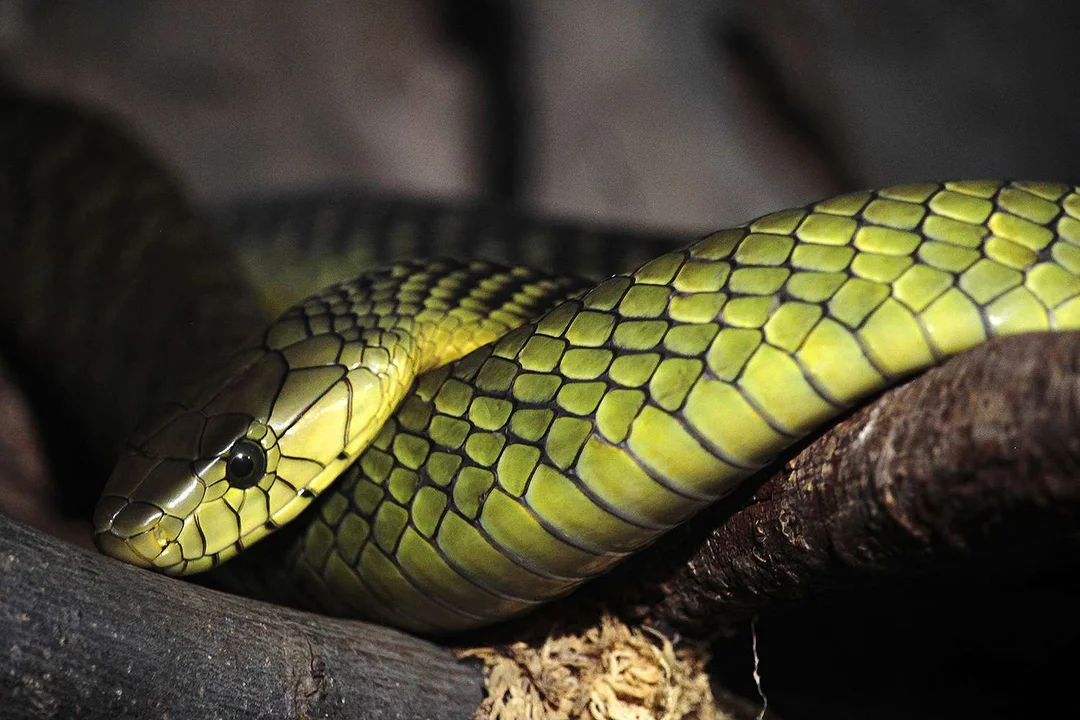
Incredible Survival Story: Kentucky Zoo Director Recovers After Venomous Snake Bite
A remarkable survival story has emerged from the Kentucky Reptile Zoo, where co-director Jim Harrison is recovering after a near-fatal incident involving a highly venomous Jameson's mamba snake. This incident not only underscores the dangers faced by wildlife professionals but also highlights the vital work being done in the field of anti-venom research.
On April 28, while working on an important anti-venom project involving two Jameson's mamba snakes, Harrison faced an unexpected and terrifying challenge: a sudden snake bite. "The male shot out. I grabbed it with wraps, and then the female took advantage of me not paying attention and then shot up and bit me," Harrison recounted in an interview, revealing the chaotic moments that led to the bite.
The Jameson's mamba, known for its dull green color and neurotoxic venom, poses a severe threat to human life. The African Snake Bite Institute categorizes this species as highly venomous, with bites that can lead to paralysis and respiratory failure. Harrison's situation escalated quickly; after receiving immediate assistance from zoo staff and being administered anti-venom, he was airlifted to a hospital where he was intubated.
Zoo co-director Kristen Wiley emphasized just how critical the response was, stating that Harrison was in "pretty serious shape" after the bite. Thanks to prompt action and the availability of anti-serum, he was stabilized. "Those guys here that responded right away, they definitely saved his life," she remarked, underscoring the bravery and urgency of the zoo staff.
Throughout his career, Harrison has faced over 16 snake bites, a testament to his dedication to his work and the inherent risks it entails. With a focus on researching the Jameson's mamba venom, Harrison aims to develop an anti-venom that also serves as an alternative pain treatment, offering a non-addictive solution to manage pain without the pitfalls of opioid medications.
In his update on recovery, Harrison remains optimistic, stating, "As soon as they let me go, I'm back working." His resolve reflects not only a personal dedication but also a commitment to advancing snakebite treatment and understanding the complexities of venom. Despite the ordeal, he continues to embody the spirit of resilience and passion for wildlife conservation.
This extraordinary incident reminds us of the bravery demonstrated by those who work with wildlife, often facing life-threatening situations in the name of science and conservation. It raises an essential question for readers: how do we ensure the safety of those dedicated to the study and preservation of our planet's creatures?
We invite you to share your thoughts in the comments below. What do you think about the research into anti-venom, and how can we better support wildlife professionals in their crucial work?